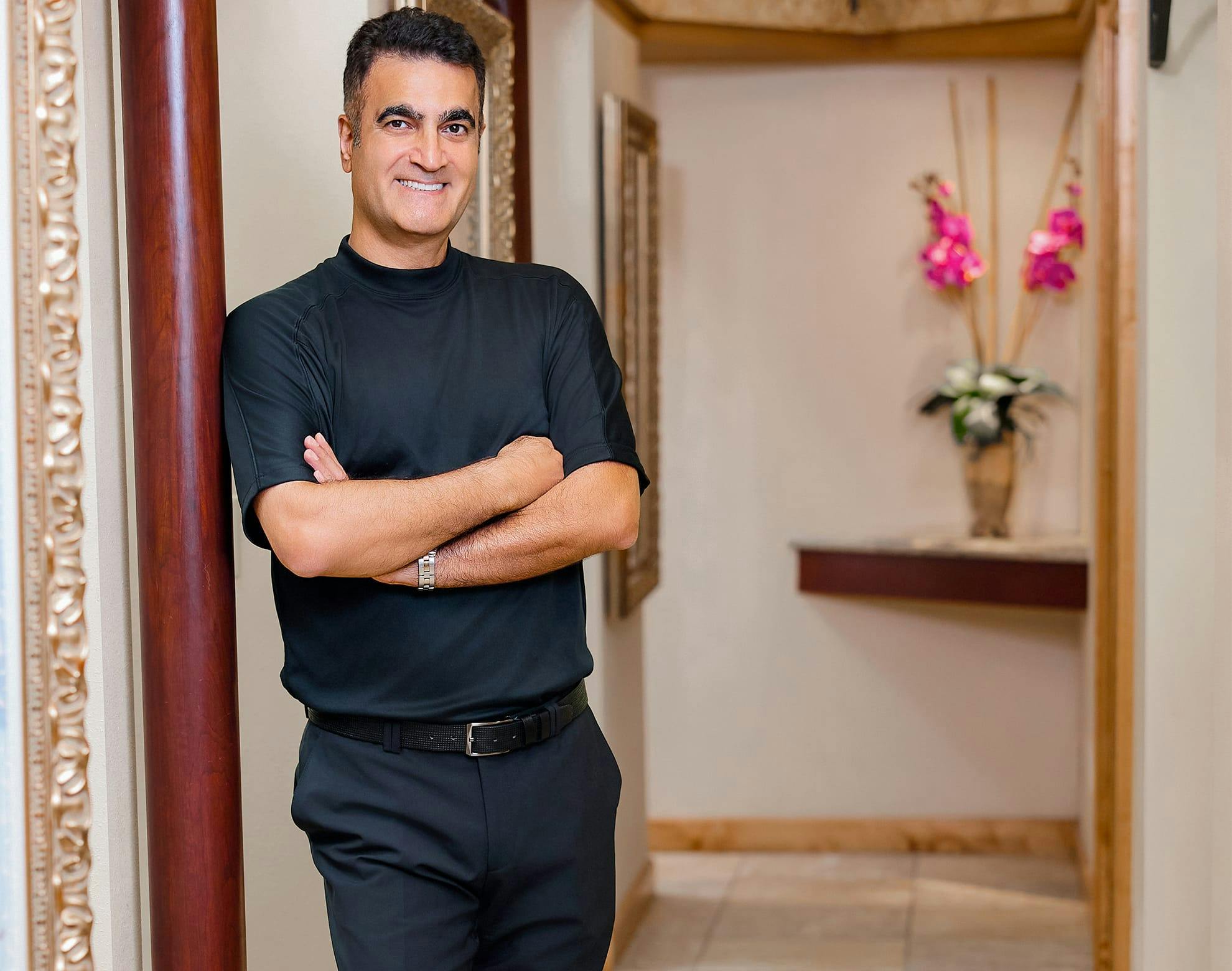CNN Health Minute

Volunteer dentists restore smiles to abuse survivors
By Judy Fortin
CNN
ATLANTA, Georgia (CNN) — Susan Kauffman can’t stop smiling. Not only does she have a perfect set of teeth, but after enduring physical abuse repeatedly in her life, she also has renewed self-esteem. “I had a broken spirit,” Kauffman said. “I became very isolated … and became a recluse.”
Kauffman, 62, grew up poor. She said she didn’t own a toothbrush until she was 10. Abuse in the intervening years made the problems with her teeth much worse, she said. Unable to afford dental care, she learned to hide broken teeth and gum disease. “I was an expert,” Kauffman said. “I could talk, I could laugh, I could eat and chew and you wouldn’t know I had bad teeth.”
Life changed dramatically for Kauffman about a year and a half ago when she learned about a program called Give Back a Smile. Founded in 1999 by the American Academy of Cosmetic Dentistry, the nonprofit group matches domestic violence survivors with dentists who volunteer their services. (Health Minute: Watch more on the Give Back a Smile program Video )
“These individuals really need somebody to take care of their oral health and give them a boost of energy and self-confidence. I wanted to help,” said Dr. Sam Sadati, of Wellington, Florida, the dentist who performed the work on Kauffman. He’s one of more than 800 dental professionals around the country who’ve taken part in the program.
To date, 500 applicants have been treated in the United States. They are carefully screened and a counselor or social worker must confirm that the injuries were caused by domestic violence. That’s sometimes done through checking police reports or restraining orders.
Kauffman was very timid and nervous during her first appointment, Sadati said. “She was abused and hit many times and she had many different dental problems that we had to take care of,” he said. “She had multiple teeth that couldn’t be saved and those that she had…needed a root canal, crowns or a bridge. Her bite was collapsed and not right.”
Sadati said the work took six months and cost nearly $40,000. Kauffman didn’t have to pay a penny. “All of that money — there is no way I could have afforded this,” said Kauffman. She said the day Sadati agreed to take her case was the happiest of her life. “I was in crisis,” Kauffman said. “I thought the only hope for me was to have all of them pulled and have dentures.”
Kauffman admitted being terrified while sitting in the dental chair, but her fears subsided as she started to see the initial results. “I remember my reaction with the temporaries. I thought these were fine — these were perfect. I don’t need anything else, I’m never coming back, and he [Sadati] said, no, we’re not done, these are temporaries.”
Sadati said Kauffman’s reaction made him feel good about his own contributions. “She was very happy,” he said. “I could see the happiness in her eyes and her smile, obviously.”
When the work was finished, a dental assistant handed Kauffman a mirror. “I was overjoyed,” Kauffman said with a smile. “I feel beautiful. It’s given me my self-esteem, my self-worth. It’s given me my life.”
Judy Fortin is a correspondent with CNN Medical News.
